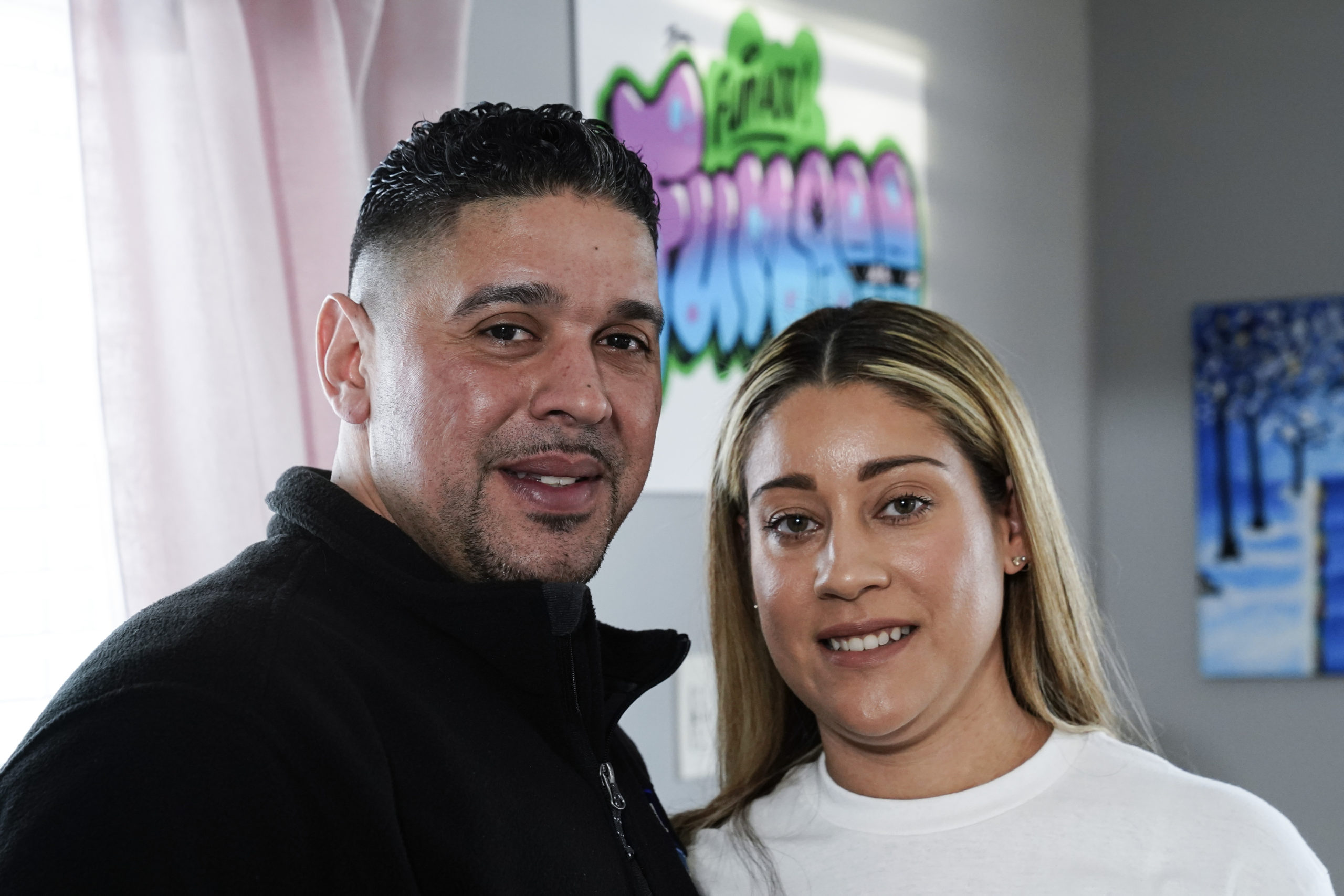After pot conviction, Brooklyn-raised man, wife prepare for their dream: A marijuana dispensary

Eladio Guzmán spent two years in jail for selling drugs, missing the birth of his first child. Cannabis is part of his tumultuous past, but a year after New York State legalized possession and use of marijuana, it could be his future. He’s eager to open a recreational dispensary.
“I did time, we suffered,” said the 44-year-old union steamfitter, who grew up in Brooklyn’s East New York and spent time in the Metropolitan Detention Center in Sunset Park , sitting beside his wife at the dining table of his Long Island home. “This is an opportunity for me to take the negative that I did and actually help me do something positive.”
His wife Melissa Guzmán also experienced the war on drugs: Several relatives arrested. An uncle who spent a decade in jail. His eventual deportation to the Dominican Republic.

Brooklyn Boro
View MoreNew York City’s most populous borough, Brooklyn, is home to nearly 2.6 million residents. If Brooklyn were an independent city it would be the fourth largest city in the United States. While Brooklyn has become the epitome of ‘cool and hip’ in recent years, for those that were born here, raised families here and improved communities over the years, Brooklyn has never been ‘uncool’.